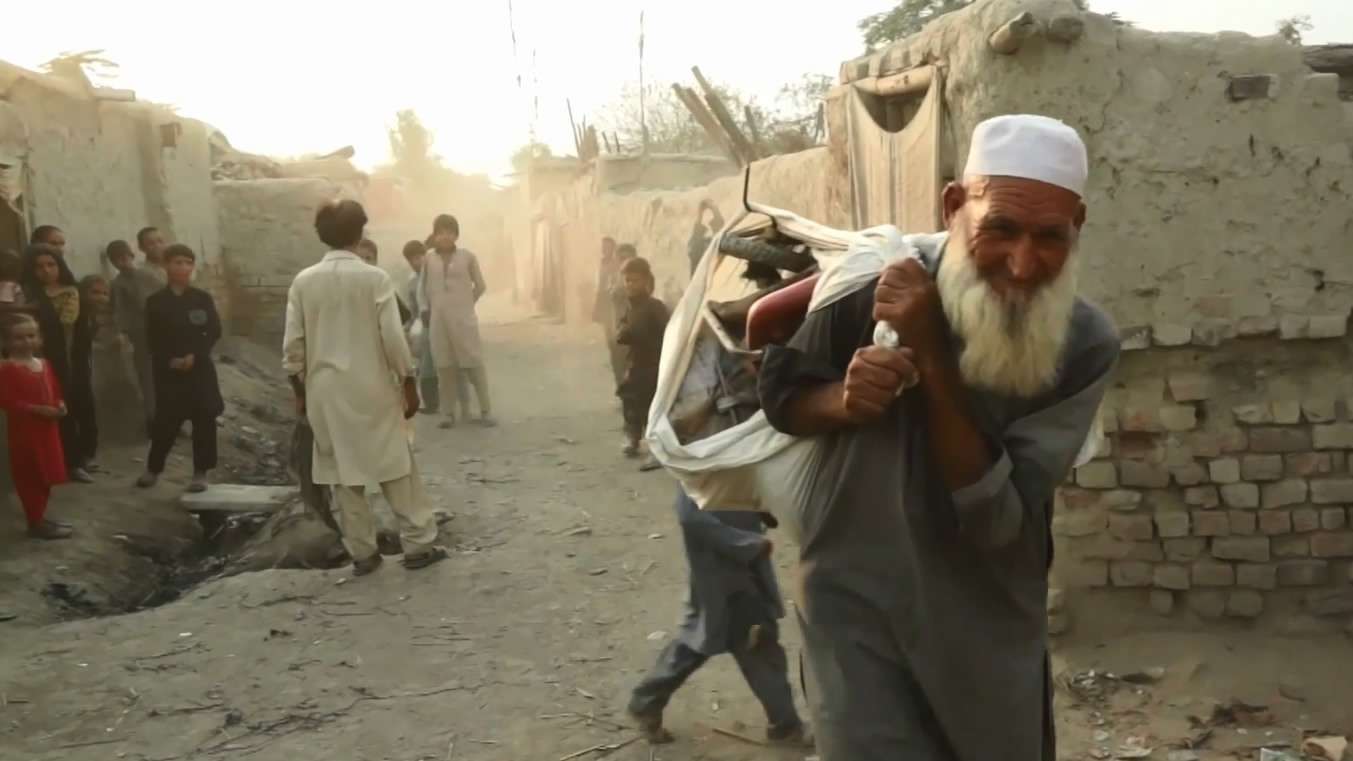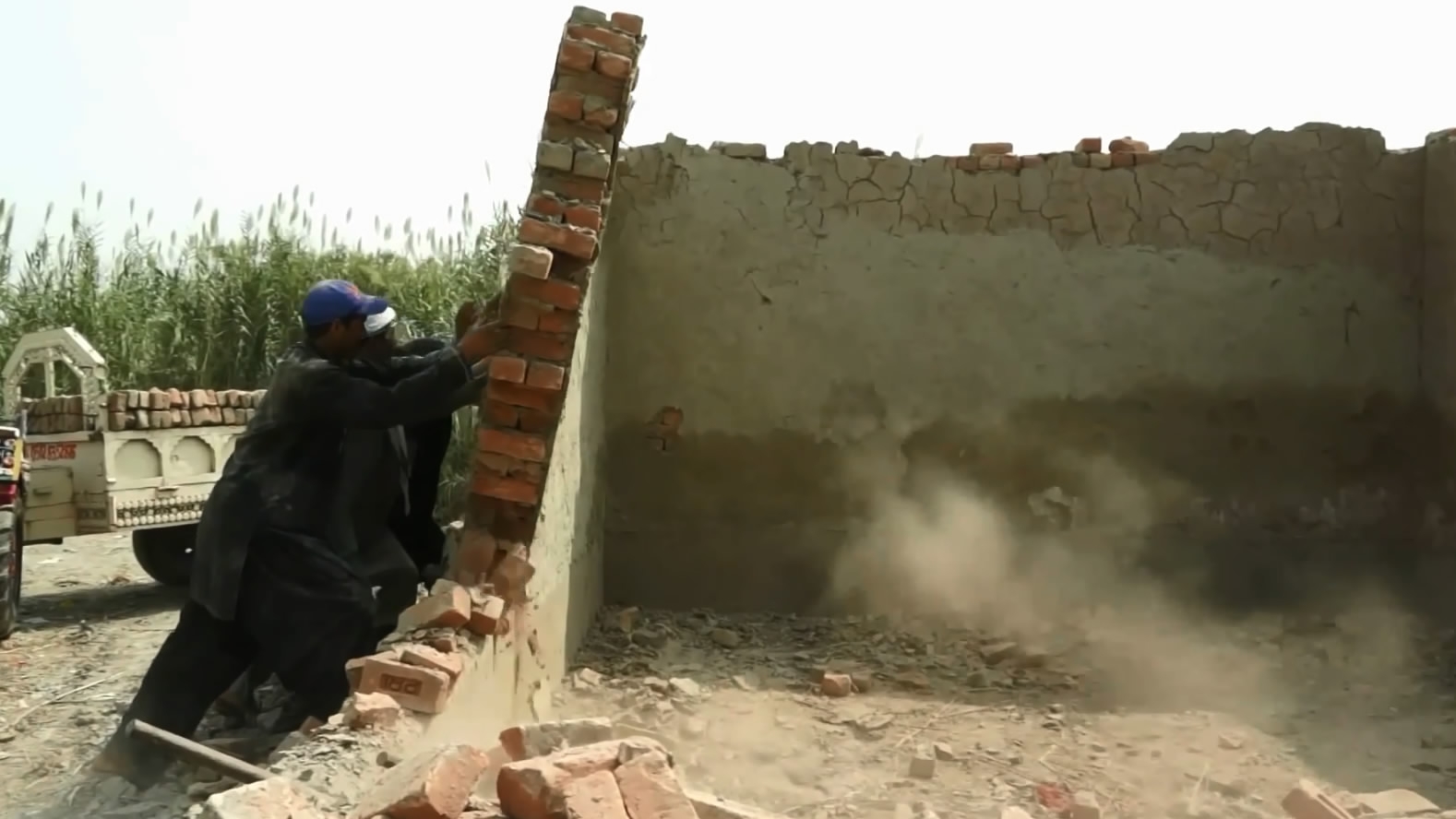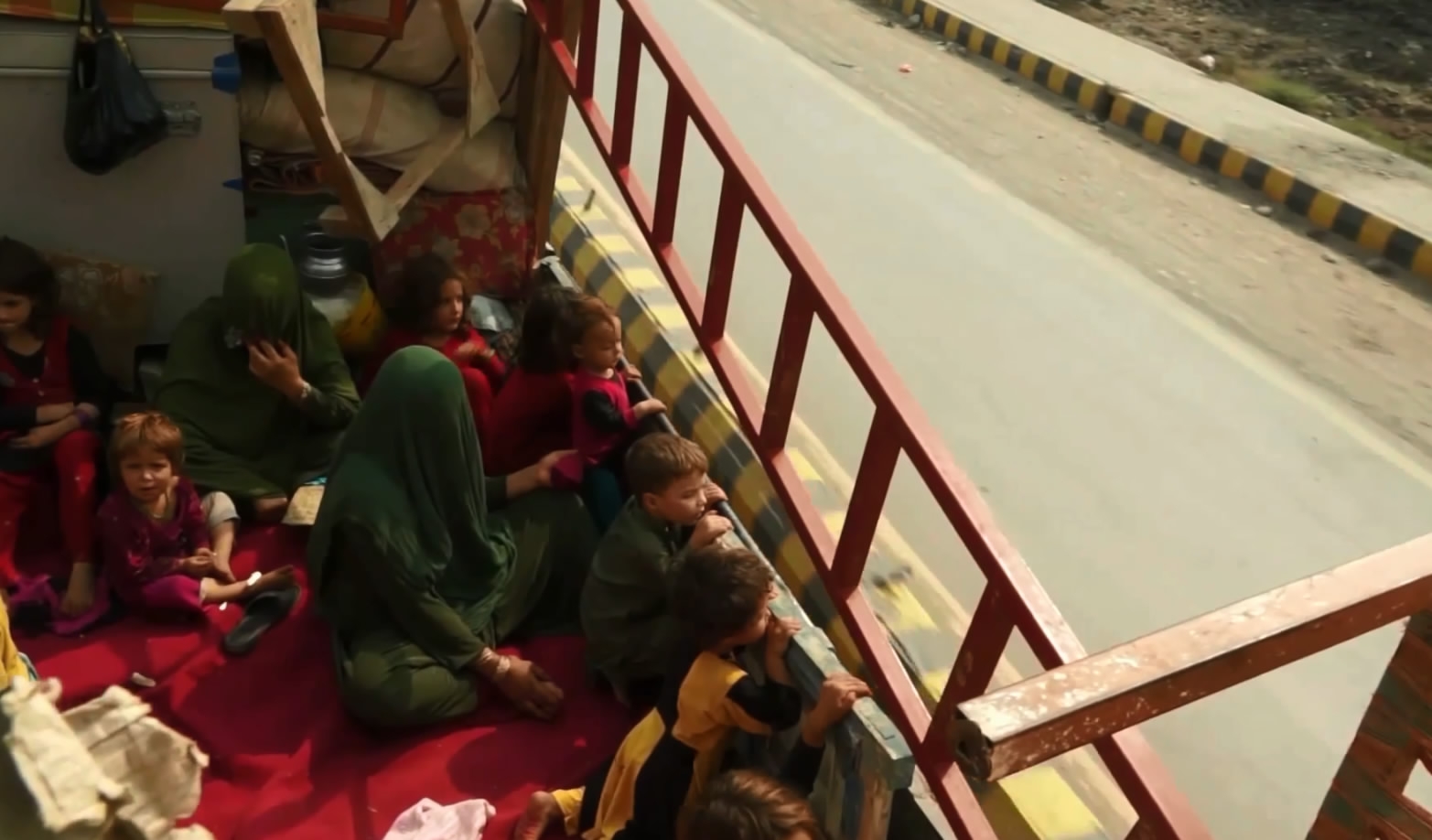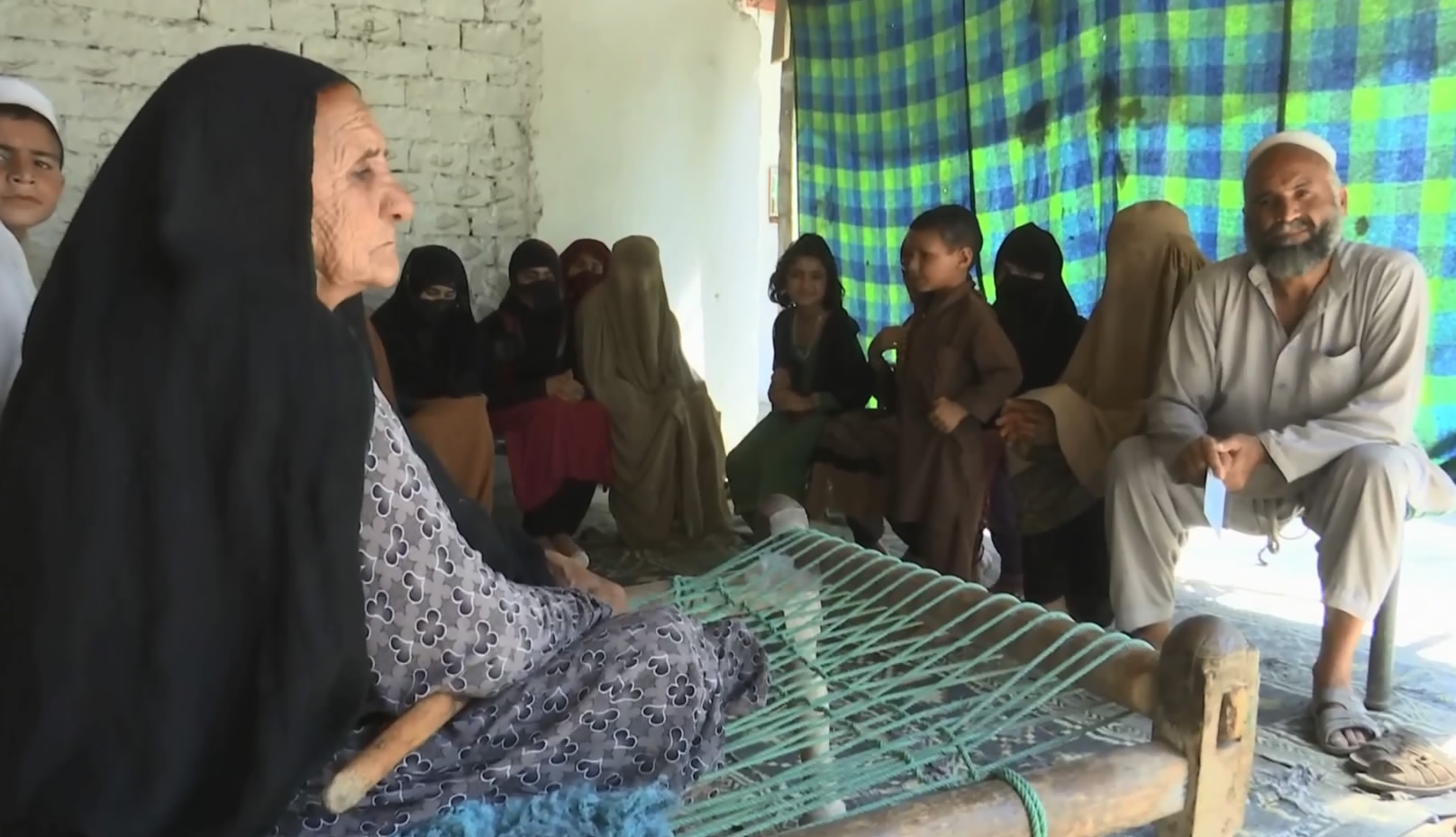
China
18:28, 06-Jul-2017
Assignment Asia: Afghan refugees evicted from Pakistan face uncertain future
Catherine James and Danial Khan

Nearly 40 years ago, when Soviet forces invaded Afghanistan and war broke out, Haji Gul fled to neighboring Pakistan and left everything he had behind.
The border crossing became a road to salvation for millions of Afghans who wanted to escape the fighting and start life anew.
Pakistan welcomed the refugees with open arms. By 1985, Pakistan had more than 300 refugee camps, mostly in Khyber Pakhtunkhwa province and Balochistan.
“The people of Pakistan accepted us like brothers,” Haji Gul told CGTN’s Assignment Asia.

In 2016, Haji Gul found himself again on the road to the border. This time, however, it was to leave the country he had called home for almost four decades.
Security issue
Citing concerns over the number of undocumented refugees, and with its intensified campaign against terrorism, Pakistan began closing down refugee camps and sending Afghans home in 2016.
Officials believed the camps harbored extremists from Afghanistan who could easily cross the open border.
“It has become a security issue,” Sartaj Aziz, foreign affairs adviser to Pakistan’s prime minister, said at the time. “The refugee camps have become safe havens for them because there is unregulated movement.”
Some 600,000 Afghans returned to Afghanistan from Pakistan last year. That number is expected to grow after the Pakistani government announced it wants all Afghan refugees out by 2017.

Pakistan began closing down several refugee camps in 2016, citing national security concerns. /CGTN Photo
Pakistan began closing down several refugee camps in 2016, citing national security concerns. /CGTN Photo
Uncertainty
Moving out was particularly difficult for young generations of Afghans who had never known life outside Pakistan.
“I don’t know what kind of life awaits us,” Haji Gul said while inside the truck that transported them out of Pakistan. “For my children and grandchildren, Pakistan is their homeland.”
Experts and aid agencies have raised concerns about the capacity of Afghanistan to absorb large numbers of returnees as it remains mired in poverty and conflict.
“You have a really substantial challenge in integrating all these people who have mostly been moved to the urban centers and are putting a pretty considerable strain on the resources that are already limited,” said Matt Graydon of the International Organization for Migration.
Returnees receive 400 US dollars from the UN Refugee Agency (UNHCR) to help them resettle, but officials admit that does not make rebuilding their lives in Afghanistan any less difficult.
“Obviously, there are going to be a number of challenges moving back to a country which has been war-torn and which has a number of security-related issues,” said Samad Khan of the UNHCR in Peshawar city.

Hundreds of trucks carrying Afghan refugees and their belongings cross the Pakistan-Afghanistan border every day. /CGTN Photo
Hundreds of trucks carrying Afghan refugees and their belongings cross the Pakistan-Afghanistan border every day. /CGTN Photo
Toughest year
Afghanistan is facing its toughest year of conflict in 16 years, with the number of civilian casualties mounting and more cities experiencing massive attacks.
Security forces are struggling to defend territory from Taliban forces and maintain morale even as government infighting continues.
“There’s also the risk that there will be increased conflict as more and more people are competing for fewer and fewer resources,” said Liza Schuster, an immigration researcher.
“I don’t think it takes an expert to realize that the insurgents, including the Taliban, will be more than ready to profit from this.”

Afghan returnees face poverty and conflict in their homeland. /CGTN Photo
Afghan returnees face poverty and conflict in their homeland. /CGTN Photo
No home, no land
Gulzaman and his 12 children returned to Afghanistan from Pakistan in early 2017. Unlike other returnees, he found his relatives and now lives with them in a cramped shack in Behsud district near Jalalabad city.
Gulzaman is worried about his children’s interrupted education and their future in his homeland. Resources are scarce and there are no jobs available for returnees.
“There is no home, no shelter, no land,” said Gulzaman, who left Afghanistan in the late 1970s when he was just six years old. “We are just living under this shade, and we spent two to three months of winter under it as well.”
Still, for Gulzaman, there’s no turning back.
“If we die here, if we get thirsty and hungry,” said Gulzaman, “we won’t say that we will go back to Pakistan.”
-
Assignment Asia is a 30-minute current affairs program that takes an in-depth look at stories from all over Asia. It airs Saturday at 9.30 p.m. BJT (1330GMT) on CGTN, with rebroadcasts Sunday 5.30 a.m. (2130GMT) and 2.30 p.m. (0630GMT), Monday 9.30 a.m. (0130GMT) and Tuesday 1.30 p.m. (0530GMT).
3892km

SITEMAP
Copyright © 2018 CGTN. Beijing ICP prepared NO.16065310-3
Copyright © 2018 CGTN. Beijing ICP prepared NO.16065310-3